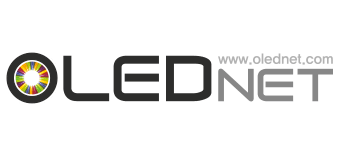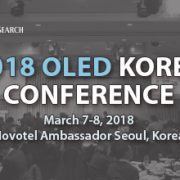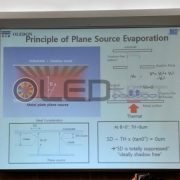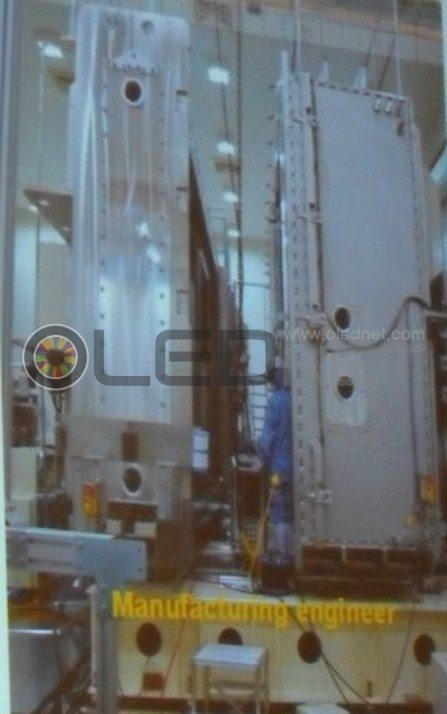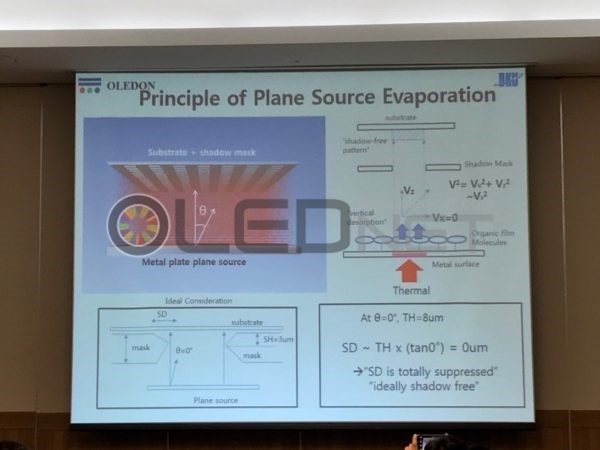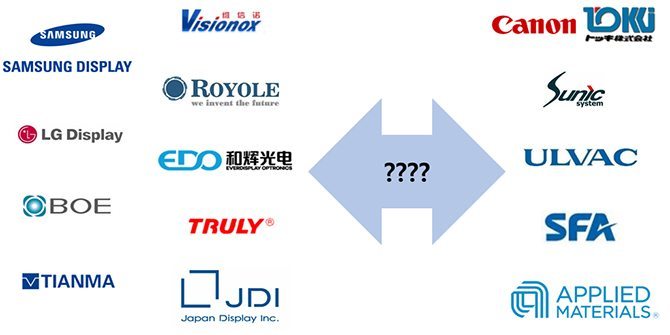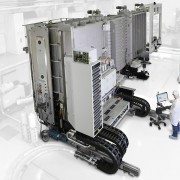UBI Research, ‘2018 OLED KOREA Conference’ will be held on 7th to 8th of March
OLED Korea Conference, the global OLED conference, will be held on 7th(Wed) to 8th(Thu) of March.
The 4th OLED Korea Conference will be held on the theme of ‘OLED with opportunity & adding value to your business’ at the Novotel Ambassador Hotel in Seoul, Korea for two days. It is expected to provide a platform for various information and exchange of opinions regarding presentation of each theme.
OLED industry, which is continuing to grow at a high rate is expected to surpass the LCD market share in the small and mid-sized market of this year.
According to UBI Research, the OLED research organization, small and medium-sized OLED panel shipments for mobile devices are expected to grow up to 6.3 billion won in this year, which is 53.2% growth compared to last year. On the other side, OLED panel shipments for TV is expected to grow up to about 2.4 million won which is 47.2% growth compared to last year.
In this conference, there will be presentations on the topic; ▲ View from Panel Makers about OLED Market ▲ Solution Process Technology, yet to come ▲ New Performance Development from Major SCMs ▲ New Technology Discussions for Next Generation Display or Better Process from global companies such as Microsoft, Boeing, Sony and leading companies such as 3M, Applied Materials, Corning, Cynora and OLED panel company, set company, material/device company, university/research institute as well as domestic and foreign experts of OLED display.
Also, UBI Research, Japan Mizuho Security and French market research institute ‘Yole development’ planned a lecture about the title of “Opinion from Business and Industry Analysts.”
Especially, Yoshihiro Ono, TV business manager from Sony will present about OLED TV launch for the first time in Sony, which was one of the biggest issues in OLED industry of 2017. The title is ‘Designs for BRAVIA OLED TV and Expectations for large screen OLED devices’ and contents are about adoption background, BRAVIA OLED TV development history and different points of OLED TV from other companies.
In the 4th OLED KOREA Conference which will show trends and developments of OLED industry, it is expected that more than 200 major domestic and foreign experts and industry workers will participate. This conference has received much attention as it is planned to provide opportunities for networking and continuous exchanges of relevant information and know-how. For more information, please visit www.oledkoreaconference.com.
